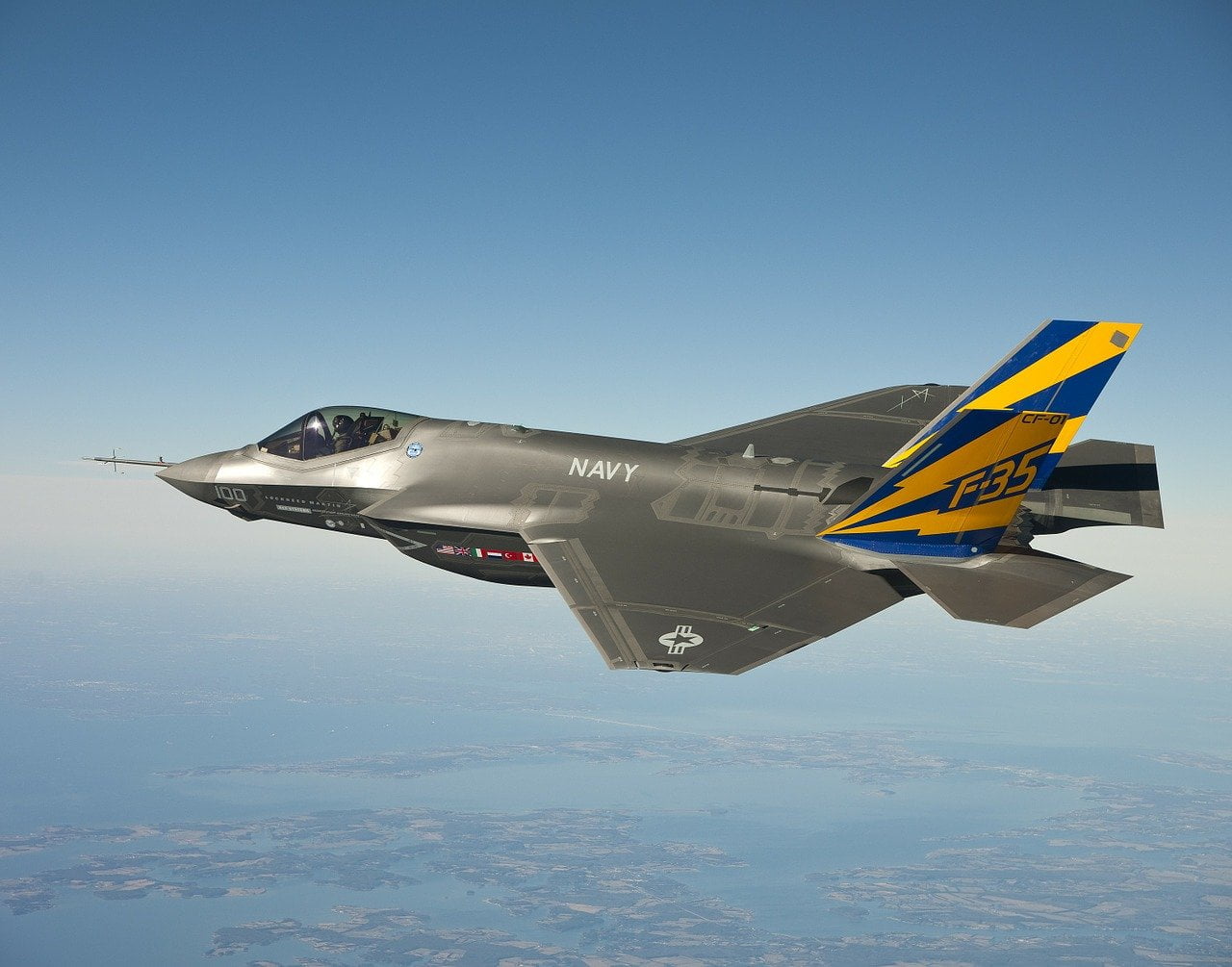Aerojet Rocketdyne has announced that Lockheed Martin will acquire it for $56 per share, or $51 excluding a special $5 dividend. The dividend will be paid to Aerojet Rocketdyne shareholders before the transaction closes on March 24. The acquisition is expected to be completed in the second half of next year.
Q3 2020 hedge fund letters, conferences and more
Questions raised in Lockheed Martin's acquisition of Aerojet Rocketdyne
The acquisition values Aerojet Rocketdyne at $4.4 billion, including net cash and debt. The move gives Lockheed Martin a bigger stake in hypersonic and space technology, TechCrunch notes. Competition in the space and defense industries has been heating up in recent years.
In a press release, the companies said the deal gives Lockheed Martin more expertise in propulsion. Lockheed Martin also said Aerojet Rocketdyne's technologies were already "key components" of its supply chain as it uses the company's propulsion systems in aeronautics, missiles and fire control.
In a note about the transaction, Canaccord Genuity analyst Ken Herbert said he isn't surprised about the prospect of consolidation in the defense industry. However, he also said the deal raises some regulatory and anti-trust questions. He does believe the current regulatory environment is favorable for the transaction, but it remains to be seen whether Pentagon officials under the Biden administration will also approve of the deal.
Details on the transaction
According to Herbert, the deal values Aerojet Rocketdyne at 13.3 times his 2021 EBITDAP estimate of $316 million and represents a 33% premium on the December 18 closing price of $42.04. The company also has about $5 per share in net cash. Herbert believes Aerojet Rocketdyne has seen a lot of the expected backlog growth on its main programs. Backlog stood at $6.7 billion during the third quarter, representing a 50% increase year over year.
He also said Lockheed's move is very strategic and represents an effort to bolster its base of industrial suppliers and its position on several important programs. Herbert noted that Aerojet builds solid and liquid fuel propulsion systems for almost all of Lockheed Martin's space and defense platforms, including its Orion spacecraft, THAAD, hypersonic missiles, and GMLRS rocket artillery. The company also builds the rocket propulsion for Lockheed's space launch joint venture with Boeing, United Launch Alliance.
Herbert believes competitors Boeing and Raytheon Technologies have the most to lose form the deal. Aerojet Rocketdyne is a major propulsion supplier to almost all of the two companies' space and missile programs.
Shares of Aerojet soared 24%, while Lockheed Martin stock slipped 1%.






